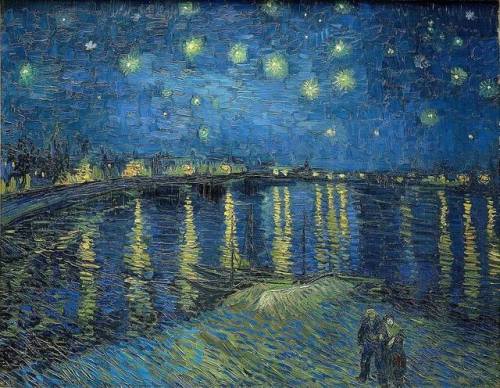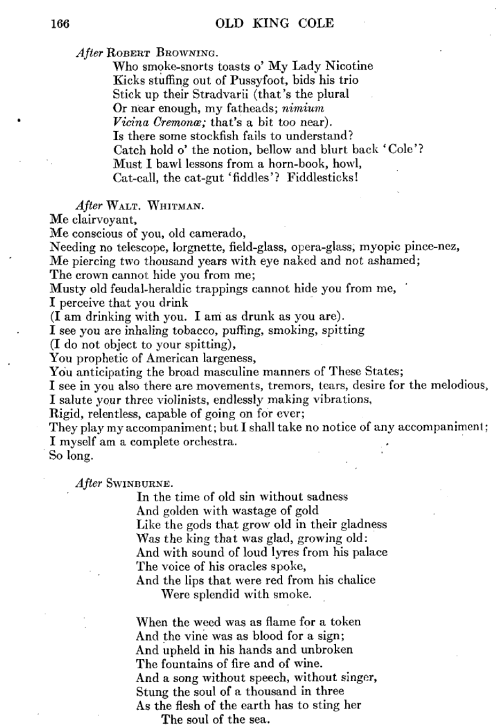#w b yeats
To coincide with Howard Davies’ production of Sean O'Casey’s The Silver Tassie, I produced this short film looking at the playwright’s relationship with the Abbey Theatre which came to an abrupt end with this play.
Sailing To Byzantium by William Butler Yeats - Read by Denys Hawthorne
There it is. We discussed this on “Shock Jocks.” One of the Tweet replies says, “I prefer the term ‘Tory Anarchism’”—a label self-applied, strangely, by George Orwell, a writer claimed by democrats, liberals, and conservatives everywhere. I’ve always liked it myself. Edward Said used it on Swift; I once transferred it to Yeats:
It is easy enough to say with Orwell that Yeats was a reactionary and a fascist. Edward Said, who did so much to redeem Yeats for the PC era by praising him in Culture and Imperialism as an anti-colonial poet meditating on Fanonian themes (in another mood, I might enter this into evidence for the fascist tendencies of identity politics), once wrote of “Swift’s Tory Anarchy.” The label might be applied to Yeats, who admired Swift: to his Tory elegy for a shattered culture of wholeness and authority, to his anarchic drive toward the shaping of a soul out of the chaos of experience.
Orwell, Said, Swift, Yeats. What connects the politics of these disparate men of disparate eras who between them cover almost the whole political compass? Consider the etymology of “Tory”:
mid 17th century: probably from Irish toraidhe ‘outlaw, highwayman’, from tóir ‘pursue’. The word was used of Irish peasants dispossessed by English settlers and living as robbers, and extended to other marauders especially in the Scottish Highlands. It was then adopted c.1679 as an abusive nickname for supporters of the Catholic James II.
The Tory is a reactionary because he is an outlaw of the progressive regime, the regime expropriating his country and trampling his culture with its forward march of progress. “Tory Anarchism,” then, is redundant. There is no real conflict between serving the exiled or prostrated old regime and wishing to bring down the new one, whether you are Irish or Palestinian or one of the British Empire’s inner critics.
But there is no going back—“retvrn” is the idlest of fantasies—so in theory the Tory’s anarchism should at length become less tactical or circumstantial and more of a substantive commitment to individual freedom in a new world, newer than the new regime which displaced the old one. He might still construe these freedoms as better defended by a unitary sovereign than by an oligarchy or bureaucracy, which is what, for this kind of sensibility, most regimes calling themselves democracies pragmatically are. But if the freedoms are the point—and the writings of Orwell and Said may bear this out in the end—then the distance between anarcho-monarchism and liberalism isn’t as far as their feuding partisans imagine.
Swift has sailed into his rest;
Savage indignation there
Cannot lacerate his breast.
Imitate him if you dare,
World-besotted traveller; he
Served human liberty.
—Yeats, “Swift’s Epitaph”
Post link
“When one gets quiet, then something wakes up inside one, something happy and quiet like the stars.” ―W. B. Yeats, from The Hour-Glass, 1916.
Pictured: Vincent van Gogh Starry Night Over the Rhône, 1888
Post link

“A Glimmering Girl”
Watercolor pencils and chalk pastels on paper
Based on “The Song of Wandering Aengus” by W B Yeats
Ah my love for mysterious women vaguely-described-by-probably-high-one-sided-lovers :D
I actually messed up and had to redo a lot of it (serves me right for not looking at enough references…), and was rather demotivated about finishing it,but now that I did finish it, it’s pretty close to my mental image the poem invoked, I’m really happy!
(Bonus: please check out the song adaptation by Meav, Glimmering Girl! It’s really enchanting!)
“I have spread my dreams under your feet; Tread softly because you tread on my dreams.”— W.B. Yeats, from He Wishes For The Cloths Of Heaven in “The Collected Poems Of W.B. Yeats”




